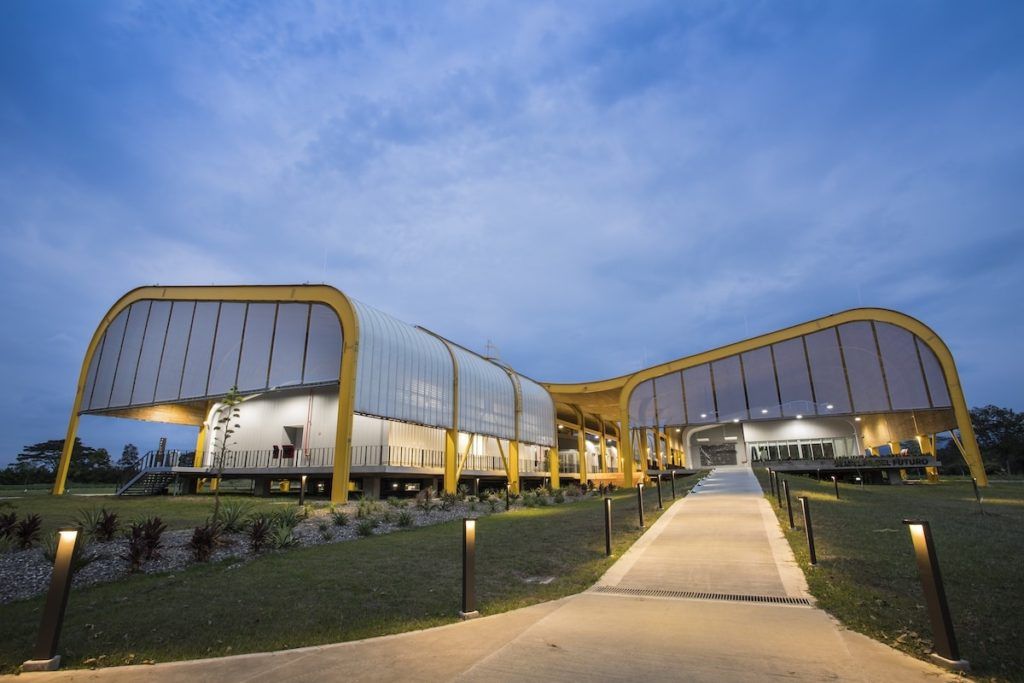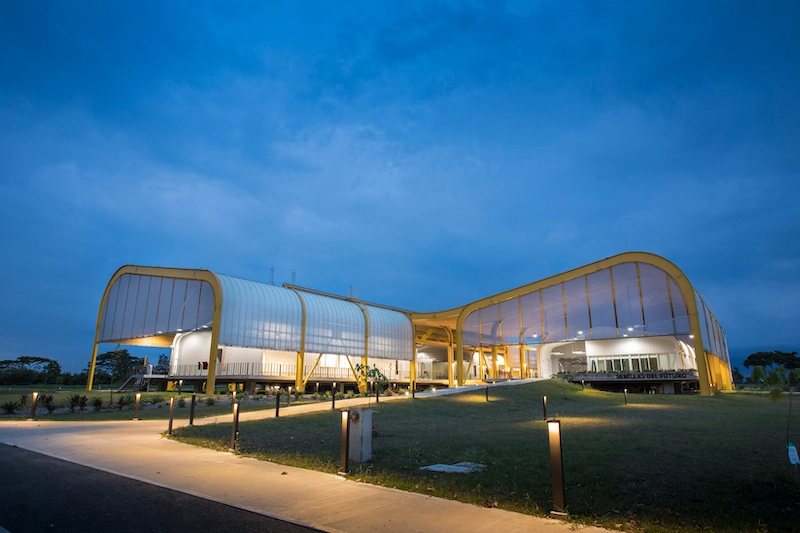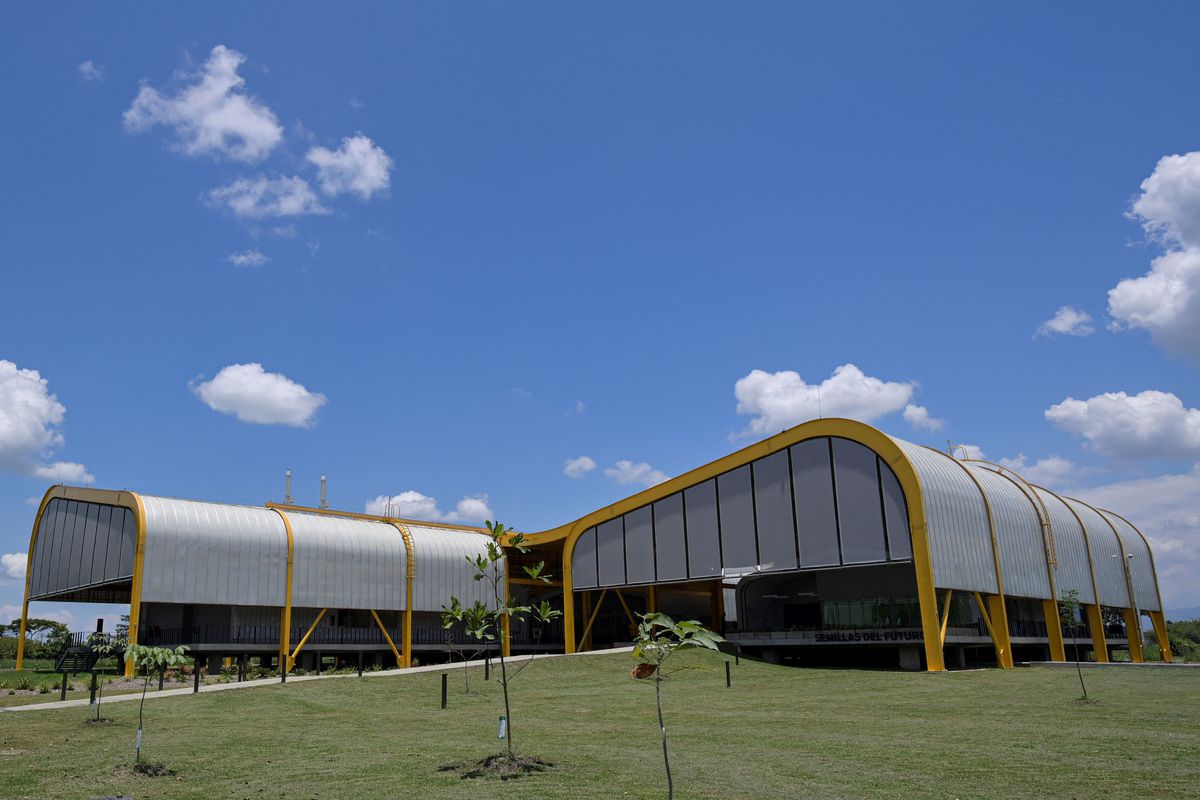INTERNATIONAL: Gene banks, which store seeds in cold and low humidity conditions, are becoming more numerous as the world is facing climate change and environmental disasters that seem inevitable. Colombia has taken an important step to fight against the tough future of the humanity, inaugurating the world’s largest germplasm bank near the city of Cali on Tuesday.
This bank, the world’s largest germplasm bank storing seeds of the future is important because it is like the global gene pool. It ensures the food security of the planet. The ideal is precisely to find or discover genes that can resist droughts, floods, pests and diseases and that breeders can actually find new varieties from all that genetic reservoir that the bank have there with their collections.
Seeds of the future, a state-of-the-art germplasm project is expected to increase food security, reduce poverty and improve the health of human beings with the distribution of 500,000 seed samples to 142 countries since 1973.
Seeds of the Future will not only safeguard for humanity the largest collections of beans, cassava and tropical forages in the world, with more than 67,000 different materials but will also expand its collections to other essential crops and their wild relatives, thus supporting food security and global nutrition.
After the current situation in Europe, they are willing to be suppliers of the nations that need it to see their objective of ensuring good quality food, improving the nutrition of their consumers and at the same time be a sustainable element.
The Gene bank Coordinator Luis Guillermo Santos has said that "Seeds of the future is a dream come true, it is the new building where we can keep the largest collections in the world that we currently have for beans, fodder and cassava."
Describing the seed bank as a“pool” or a “library”, Santos has said it will conserve a great diversity of accessions that allow breeders and researchers to find new genes for climate change, to fight against some diseases, pests, some insects and can generate new varieties that allow ensuring the food security of the planet.
He stated that they are precisely trying to keep seeds in perfect condition in the conservation area.
The Future Seeds Center will also be a living laboratory for some of the most advanced technologies in agricultural research, using artificial intelligence, drones and robotics.
The coordinator of the conservation laboratory Monica Veles has stated that the laboratory is preserving the largest in vitro collection of Cassava in the World. “This collection is important not only because of the number of materials, we have nearly 6,000 varieties, but also because of their origin,” she explained.
The facility, managed by the CGIAR Alliance of Bioversity International and the International Center for Tropical Agriculture (CIAT), also provides plant germplasm free of charge to researchers to create new varieties that can withstand the effects of rising temperatures and extreme weather. Climate change alone is expected to continue to reduce crop productivity by about 5% for each degree of warming above historical levels.
The collection includes more than 37,000 bean samples from 114 countries, 6,000 cassava samples from 28 countries and 22,600 tropical forage samples from 75 countries. Ranging from grasses to trees, forages are essential to small-scale livestock farmers around the world.
























